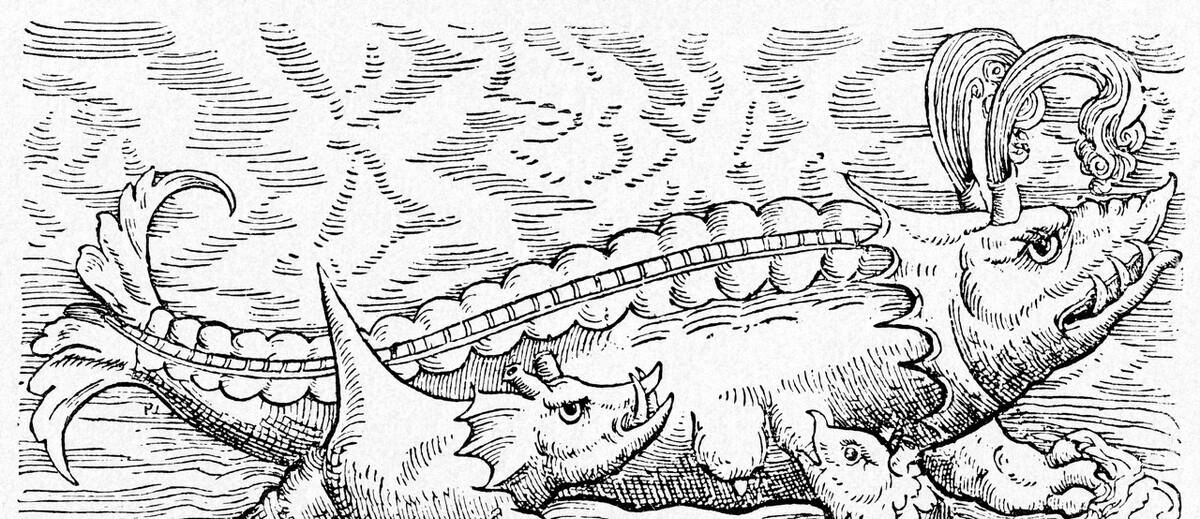Ancient Chinese rulers used the Divine Right of Heaven to interpret the rationality and legitimacy of political power and the acquisition of monarchy, and the Mandate of Heaven was the only yardstick for thinkers to explain all social, political or historical phenomena. During the Yin Shang period, "leading the people and serving the gods, first ghosts and then ceremonies" was a sign of the prosperity of theocracy. The patriarchal system was the guiding ideology of Western Zhou politics, and at the same time had the function of standardizing social order and tidying up life customs. As the intermediary between the family and the state, the clan plays a role in coordinating the relationship between the two. Since the Qin and Han Dynasties, "feudal" is no longer the main body of the political system, but the "patriarchal law" has been continued, from the feudal era of Xia, Shang, until the imperial era of Qin and Han to the Ming and Qing dynasties, the afterglow of the wind extends to modern times, such as ancestral temples, ancestral halls, genealogies, clan fields, etc. are the reflection of patriarchal concepts in later generations.
